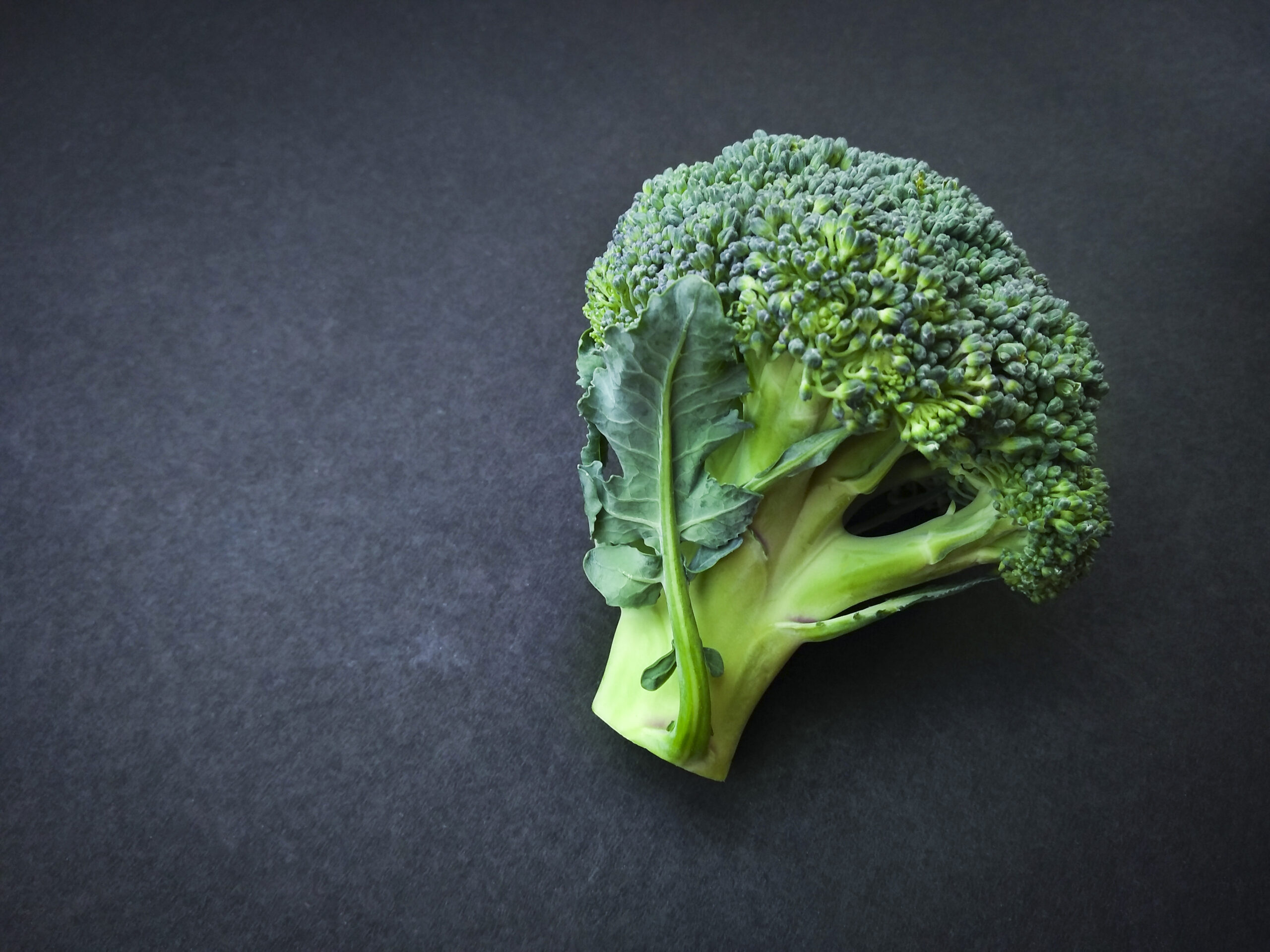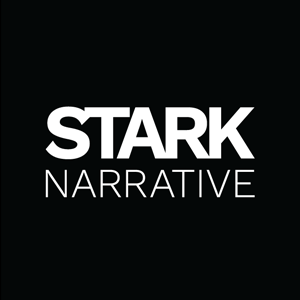This week, the Netherlands is hosting the 65th edition of the Eurovision Song contest. What makes this edition even more special is that it is the first time the Netherlands is participating with a song that contains lyrics in Sranantongo, the most widely spoken language of Suriname. The song performed by Jeangu Macrooy, a Surinamese singer, has been catching airplay for months now. The chorus lyrics, ‘yu no man broko mi’ (‘you cannot break me’), are pronounced flawlessly, something even the average Sranantongo speaker will be able to confirm. However, when the song was introduced to the public in March, it turned out that many people heard something completely different: the two final words in the chorus were mistaken for ‘broccoli’. As the unfortunate misunderstanding undermined the song’s meaningful message, Albert Heijn’s marketing department capitalized on the bilingual pun to promote sales of the vegetable.
It can be argued that, regardless of how multicultural our society is, one cannot assume that everyone has the linguistic skills to recognize a foreign language, let alone understand what is being said. Therefore, when using language to express oneself creatively for an event of this magnitude, it is most beneficial to thoroughly inform audiences in advance.
Let’s face it, all efforts to educate the audience came too late, because they were initiated after the launch. We witnessed a social media offensive created to draw attention to the meaning of the lyrics, a media tour explaining the message of the song and even subtitles were added to the performance. All to no avail: #YouAreMyBroccoli.
So what could have been a more efficient approach? I wonder why, in the (rather long) run-up to the song’s launch in March, it was not communicated earlier on that Jeangu would be singing in Sranantongo. In fact, this would have been well worthy of a PR campaign. A campaign would have given the Dutch public an opportunity to get used to the ‘foreign language idea’ at an early stage, eventually leading to more support and appreciation for the meaning of the ‘Odo’-derived elements in the song. The association with broccoli would have developed regardless – but it probably would have not become the primary association.
Despite the ambiguities surrounding the lyrics, the publicity also positively contributed to the song’s popularity. Not only do I think many people suddenly realize they very much enjoy broccoli, I am also quite pleased Surinamese culture is receiving more attention because of all this. Now, I am especially curious about what non-Dutch listeners will hear when the song is played during the Eurovision finale.
Written by Natascha Polsbroek

Broko-lied
Deze week organiseert Nederland de 65ste editie van het Eurovisie Songfestival. Wat deze editie nog specialer maakt is dat dit de eerste keer is dat Nederland meedoet met een lied dat teksten bevat uit het Sranantongo, de meest gesproken taal van Suriname. We horen het lied van de van oorsprong Surinaamse zanger Jeangu Macrooy al maanden galmen. De tekst ‘yu no man broko mi’ spreekt hij feilloos uit, iets wat iedere Sranantongo-kenner kan bevestigen. Wanneer het nummer in maart wordt geïntroduceerd blijkt echter dat velen iets heel anders horen, de woorden uit het refrein worden verward met ‘broccoli’. Terwijl dit ongelukkige misverstand de veel betekenende boodschap van het lied ondermijnt, kapitaliseert de marketingafdeling van Albert Heijn op de woordspeling om de verkoop van de groentesoort tijdelijk te promoten.
Je zou kunnen stellen – multiculturele samenleving of niet – dat je er niet zomaar vanuit kan gaan dat iedereen voldoende taalsensitief is om een vreemde taal te herkennen, laat staan te begrijpen wat er gezegd wordt. Wanneer je je in taalkundige zin op dergelijk niveau creatief uitleeft ben je daarom gebaat bij een tijdig en gedegen stukje voorlichting.
Want laten we eerlijk zijn, alle welgemeende (en ook goede) voorlichtingsinspanningen op het moment van lancering van het nummer kwamen te laat. We zagen een social media-offensief waarin aandacht wordt besteed aan de betekenis van de tekst “yu no man broko mi”, een media tour met uitleg over de boodschap van het lied en er werd zelfs ondertiteling toegevoegd aan het optreden. Het mocht niet baten: #YouAreMyBroccoli.
Wat er dan anders had gekund? Ik vraag me af waarom er in de (nogal lange) aanloop naar de lancering van het lied in maart niet eerder is verteld dat Jeangu in Sranantongo zou gaan zingen. Sterker nog, je had er een PR-campagne op kunnen loslaten. Dan had het Nederlandse publiek alvast kunnen wennen aan het ‘vreemde taal-idee’ en was er uiteindelijk meer draagvlak en aandacht ontstaan voor de betekenis van het Odo-afgeleide in het nummer. De broccoli-associatie zou er toch wel zijn gekomen – maar het had niet de primaire associatie hoeven worden.
Ondanks de onduidelijkheden rondom de songtekst, heeft de publiciteit op een bepaalde manier natuurlijk ook een positieve bijdrage geleverd aan de populariteit van het nummer. Ik denk niet alleen dat heel veel mensen opeens beseffen dat ze broccoli erg lekker vinden, ik vind het geweldig dat er voor velen een stukje Surinaamse cultuur dichterbij is gebracht. Nu ben ik vooral benieuwd naar wat luisteraars buiten Nederland horen, wanneer het nummer wordt afgespeeld.
Geschreven door Natascha Polsbroek
‘Broko-Singi’
Na ini a wiki disi a sa de so taki fu a siksi-tenti nanga feyfi leysia “Gran konmakandra-poku prisiri-strey di e tyari a nen “Eurovisie songfestival” sa hori na ini a pisi fu grontapu di wi e kari Europa. A yari disi “2021”, a bigi konmakandra poku-prisiri sa feni presina ini Ptatakondre (Nederland) na ini a foto Rotterdam. A teki prati fu Ptatakondre a yari disi sa de wan bigi grani gi Sranankondre, bikasi a sa de a fosi leysi na ini a historiya taki a poku di Ptatakondre sa tyari kon fu pristeri (fu teki prati) na ini a Eurovisie Songfestival e tyari wan pisi Sranantongo kon na fesi. A Singiman di kisi a bigi grani fu skrifi nanga tyari a poku, nawi eygi p’kin fu Sranan-doti “Jeangu Macrooy”. En kumba-t’teyberi na Sranangron, a gro na ini Sranan. Wan tu yari kba a froysifu go teki leri na dorosey-kondre na a hey poku-skoro di den e kari “conservatorium”. Moro nanga moro en stari e kren nadorosey-kondre.
Wan-tu mun kba, krin fasi wi e yere a tumsi moy poku “The birth of a new age” e komopo na a gorogoro fu a bigi pokuman”Jeangu Macrooy”. A Sranan-taki (Odo) “YU NO MAN BROKO MI” a-e bari-trowe na wan warti nanga lespeki fasi. Den-wan di sabi a Sranantongo sa agri nanga a tori disi. Na ini a mun marti di de na wi baka, a poku kon na doro. Furusma poti yesi arki, son wan fu den yere a wortu “Broccoli” presifu “…broko mi”. Kande wi e firi pkinso sari fu di son sma no ben frustan a boskopu, kande a dipi fu a odo no ben kon na krin. Leki wan eksempre un kan teki “Albert Heijn” di ben teki a tori fu kari moro sma fu bay a gruntu di den e kari Broccoli, bakadey den begi pardon fu di den no ben frustan a krin fu a boskopu. Ptatakondre na wan kondre pe furu kulturu nanga tongo e moksidati no wani taki -taki den e frustan makandra krin.
Kande a ben sa de wan bun sani efu den-wan di òrga a Eurovisie2021 pokutori ben bigin safu a tori moro na fesi? Ete, bakadey ala fasi den meki muyti fu tyari a warti nanga a krin fu a boskopu kon na fesi. Sofasi moro furu sma kan frustana boskopu. “Yu no man broko mi. Mi na afu-sensi.”Ala fasi wi kan luku a tori “BROCCOLI” de fu tan.
Tra fasi ben de? Kande den-wan di seti a tori fu a poku di e teki prati na iniEurovisie 2021, na ini a nen fu Ptatakondre ben kan safu a tori efu den ben tyari kon na fesi taki wan pisi Sranantongo sa moksikon nanga ingrisi-tongo. Kande sofasi a dipi fu a boskopu ben sa meri moro ati, morosma ben sa frustan a tori. Dan sonten moro sma ben sa lespeki a boskopu?
Ala fasi dungru efu krin, a pisi Sranantongo di seti kon na ini a poku disi, meki taki moro sma poti yesi arki a poku. A pokulusu omeni tongo. Omeni kruderi, kruderi. Mi no denki taki a sa de so taki moro furu libisma sa kisi a firitaki den musu lobi nyan moro broccoli. A de tru taki mi ede e bigi fu a tori fu di wan pisi fu a Sranan-rutu nanga historiya tyari kon na fesi na ini a poku disi. Te a yuru doro, a sa kon na krin fa den libisma di no e frustan Sranantongo sa firi te den e arki/luku a pristeri fu Jeangu natapu 22 mèy.
